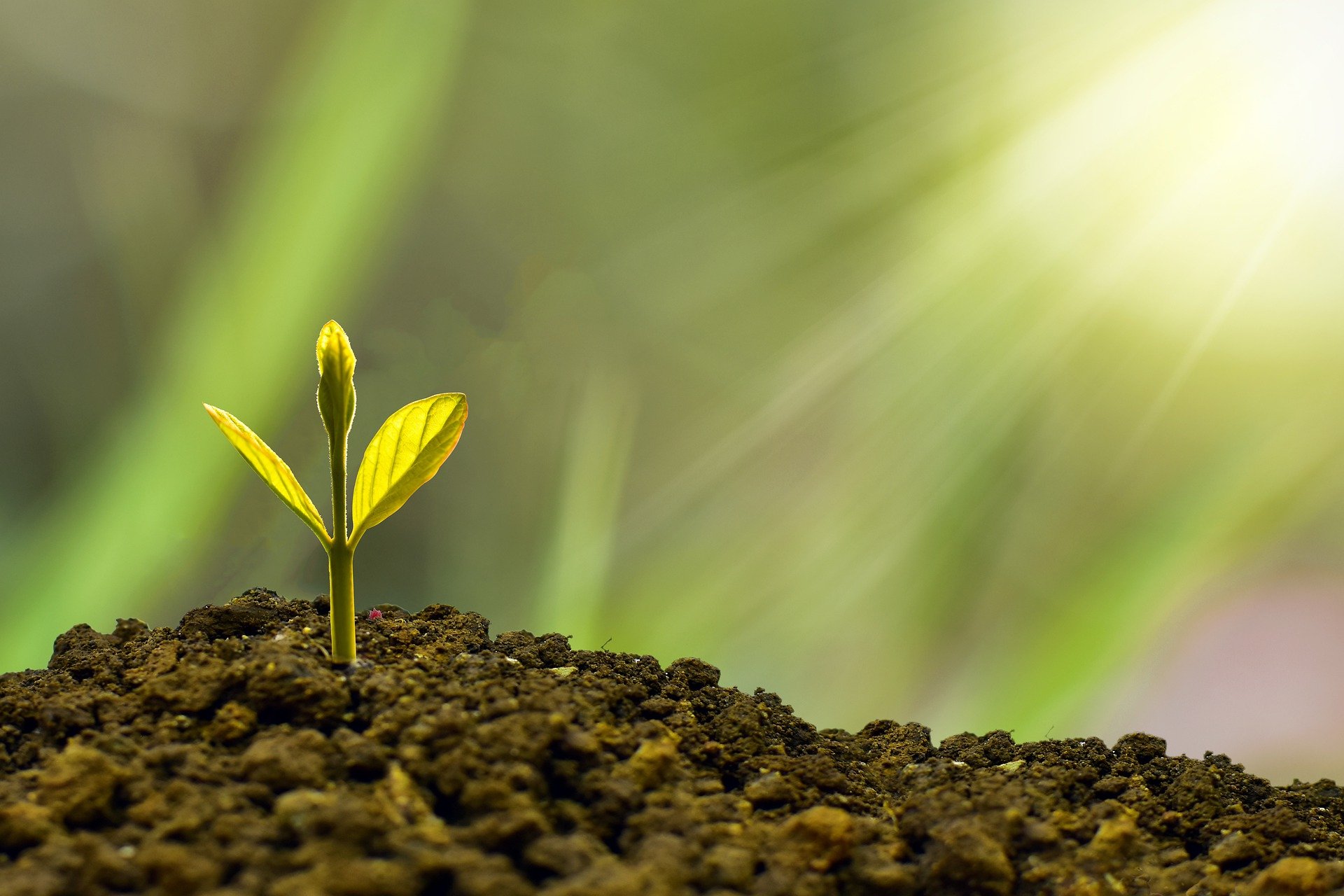WISERD’s third foundational economy conference, held online earlier this month, brought together researchers and practitioners from across the UK and beyond, to discuss how the foundational economy can be rebuilt, enhanced and sustained in response to new and old challenges magnified by the pandemic.
Over three days, an expert panel of speakers and discussants from across the foundational economy shared their scientific insights and practical experiences with delegates. They explored how the foundational economy factors into ‘the good life’, the practical issues of funding and governing the foundational economy, and transitions within the foundational economy, including different approaches and innovations.
Hilary Cottam OBE, whose opening session shared early insights from her current work, emphasised the pressing need to re-value our time to care and work within our daily lives. Her book, Radical Help, provides a rich collection of case studies that are closely tied to the foundational economy.
In a concluding session by Lee Waters MS, Deputy Minister for Climate Change, the focus turned specifically to the Climate Emergency. The session explored how the valuable insights gained during the conference can help foster the kind of transformative governance needed to drive foundational renewal and address the crisis.
COVID-19 has severely impacted economies around the globe and lockdowns have placed a heavy strain on various foundational sectors, including care, education and food provision. Meanwhile, the introduction of economic recovery plans and the disruption of global supply chains have reignited efforts to oppose austerity and re-localise value creation.
The new challenges arising from this only add to the pre-existing crises of nature and neoliberal capitalism, manifested by climate emergency, worsening inequalities, and a lack of social governance. To confront these challenges with a social and ecological transition, the foundational economy requires a substantial renewal driven by new ways of thinking and collaborative action.
This conference demonstrated there is indeed a strong appetite to further align research, current practice and policymaking in order to achieve a greener, more resilient and care-led economy.
The strongest conclusion to emerge from discussions was that forging partnerships, co-production opportunities and new place-based alliances will be key to implementing the practical changes needed for foundational renewal. Furthermore, securing public engagement for potentially significant lifestyle disruption will also be needed. Suffice to say, legislation is only the start of the process.
Research into this important area will continue through many of the projects within WISERD’s ESRC-funded civil society centre: Civic Stratification and Civil Repair and the WISERD Foundational Economy Research Network, and we look forward to hosting the next foundational economy conference in 2022.
You can see all the tweets about this year’s event by visiting Twitter and searching for the hashtag: #foundationalrenewal.
If you were unable to attend, you can watch the recordings.
You can also read the transcript of the Lee Waters MS session:

